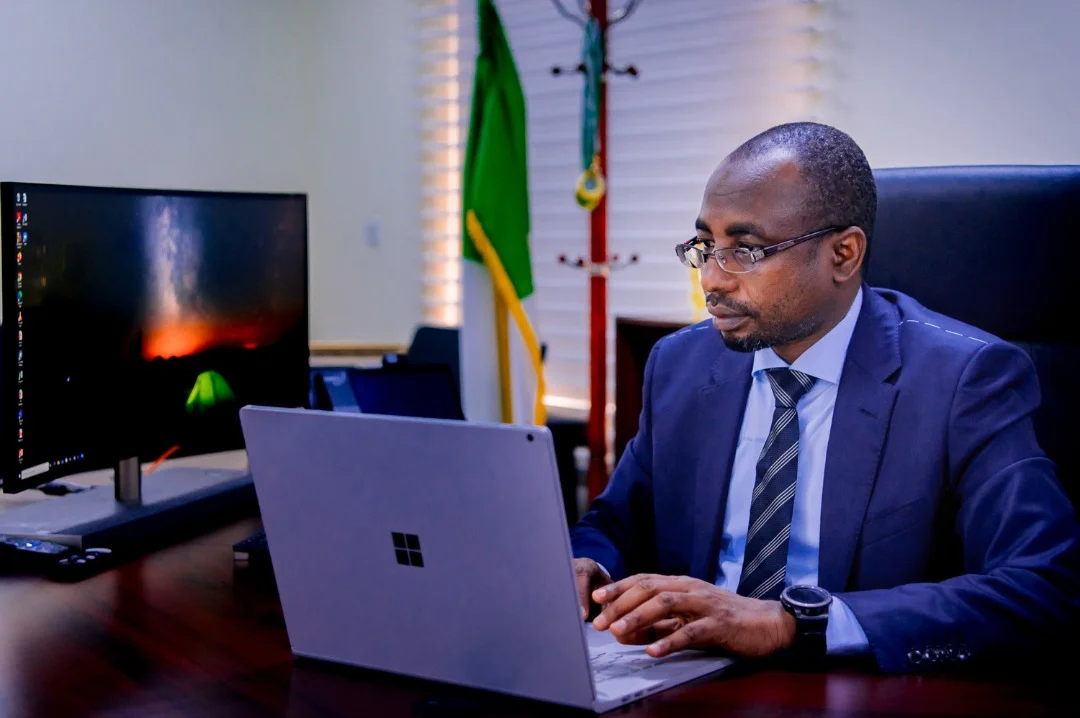Nigeria cybercrime losses have crossed a staggering $500 million annually, according to the National Information Technology Development Agency (NITDA). The agency revealed this alarming figure during a recent conversation with The Guardian, stressing that the total includes fraud committed through social media.
This shocking loss, equal to roughly N250 billion each year, highlights the urgent need for improved digital security in the country. Many Nigerians unknowingly expose themselves to risk through poor cybersecurity habits. As a result, thousands of social media accounts are being compromised regularly.
Read more: Petrobras Return to Nigeria: Tinubu Announces Exciting Developments
Weak passwords, phishing scams, and SIM-swap fraud rank among the top causes behind these hacks. These tactics allow cybercriminals to gain unauthorized access to personal and financial data. Once in control, they can impersonate victims, steal funds, and ruin reputations.
According to NITDA, one of the biggest challenges is careless digital behavior. People often reuse simple passwords or share sensitive information without verifying links or messages. These small mistakes create big opportunities for cybercriminals. Without proper digital hygiene, no account is truly safe.
Beyond financial damage, these attacks also erode public trust in online platforms. Victims suffer emotionally, socially, and professionally after being hacked. In some cases, businesses collapse due to lost credibility and exposure of confidential data. The ripple effects of one compromised account can spread far and wide.
The agency’s warning should serve as a wake-up call for all digital users. Strengthening online security is no longer optional—it’s essential. Every Nigerian with an online presence needs to take immediate steps to protect their information.
Simple actions can make a major difference. Using strong, unique passwords for each account is a critical first step. Enabling two-factor authentication adds another layer of protection. Staying alert to suspicious links or messages also helps reduce the risk of falling into phishing traps.
In addition, telecom operators and digital service providers must collaborate with government agencies. Together, they can build smarter systems that detect and prevent fraudulent activity faster. Cybersecurity education should also be included in school curriculums and workplace training programs.
With the growing number of Nigerians online, the threat landscape will only expand. Social media platforms, in particular, remain prime targets for attackers. As people increasingly conduct business, banking, and communication online, their digital footprints become more valuable to criminals.
However, with increased awareness and proactive protection, much of this damage is preventable. NITDA continues to call on all Nigerians to take digital safety seriously. Reducing Nigeria cybercrime losses requires a national effort—one that starts with each individual making better cybersecurity choices.
In summary, the financial and social costs of cybercrime are too great to ignore. Stronger personal practices, along with national policy and cooperation, are crucial in tackling this growing crisis. Now is the time to act before the numbers climb even higher.






